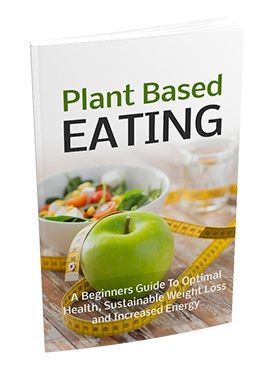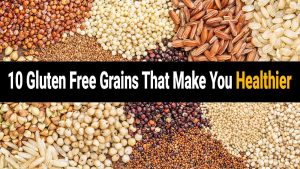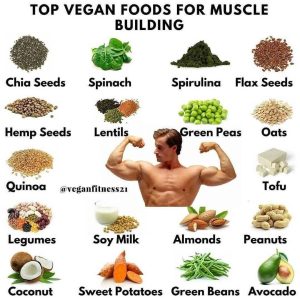
Switching to a vegan diet can be a transformative experience for both your health and the environment. Plant-based eating eliminates animal products and focuses on consuming fruits, vegetables, legumes, whole grains, nuts, and seeds. If you’re considering making the switch to veganism but don’t know where to start, this beginner’s guide will provide you with essential information to embark on your journey towards a healthy and sustainable lifestyle.
The Benefits of Going Vegan
A vegan diet offers numerous benefits. It can significantly improve your overall health and reduce the risk of chronic diseases such as obesity, heart disease, and type 2 diabetes. Consuming more plant-based foods also increases your intake of essential nutrients, vitamins, and minerals, leading to improved digestion and boosted immune function. Additionally, going vegan helps lower your ecological footprint by reducing greenhouse gas emissions, saving water, and preserving land.
Transitioning to a Vegan Diet
Making a gradual transition to a vegan diet is often recommended for beginners. Start by incorporating more plant-based foods into your meals while gradually reducing the consumption of animal products. Experiment with new recipes and explore a variety of fruits, vegetables, and whole grains to diversify your diet. It’s also crucial to educate yourself about proper nutrition to ensure you meet your dietary needs, particularly regarding protein, iron, calcium, and vitamin B12, which are commonly associated with animal products.
Stocking Your Pantry
Building a vegan pantry is essential to support your new dietary choices. Include staples like grains (rice, quinoa, oats), legumes (chickpeas, lentils, beans), nuts (almonds, walnuts, cashews), seeds (chia, flax, sunflower), and plant-based milk alternatives (soy, almond, oat). Don’t forget to stock up on various herbs, spices, and condiments to add flavor to your dishes. Having a well-stocked pantry will make meal planning and preparation much more convenient.
Seeking Protein Alternatives
One common concern for those transitioning to a vegan diet is getting enough protein. Fortunately, there are plenty of plant-based protein sources available. Incorporate legumes like beans, lentils, and chickpeas into your meals. Tofu, tempeh, and seitan are also excellent protein-rich options. Additionally, whole grains such as quinoa and buckwheat, as well as nuts and seeds, contribute to your protein intake. By including a variety of these protein sources in your diet, you can easily meet your daily requirements.
Exploring Plant-Based Recipes
One exciting aspect of going vegan is discovering new and delicious plant-based recipes. With countless online resources, cookbooks, and food blogs available, you’ll never run out of ideas. Get creative in the kitchen and experiment with different flavors and textures. From hearty soups and salads to flavor-packed curries and stir-fries, there is an abundance of vegan recipes to suit every taste. Don’t be afraid to try new ingredients and techniques – it’s all part of the fun!
Maintaining a Balanced Diet
As with any diet, it’s important to maintain a balanced approach to ensure you’re getting all the necessary nutrients. While a vegan diet can provide most of what your body needs, pay attention to possible deficiencies, such as vitamin B12. Consider taking supplements or fortified foods to meet any nutrient gaps. Additionally, strive for variety in your meals, focusing on different colors and food groups. This will help ensure you’re getting a wide range of nutrients and enjoy a well-rounded diet.
Seeking Support and Education
Embarking on a vegan journey can sometimes be challenging, especially if you don’t have a support system. Connect with local vegan communities or online groups to share experiences and learn from others. Attend vegan cooking classes or workshops to expand your knowledge and culinary skills. Educating yourself about the benefits of veganism will bolster your confidence and reinforce your commitment to a plant-based lifestyle.
Conclusion
Transitioning to a vegan diet is a personal and empowering choice towards a healthier, more sustainable future. By following this beginner’s guide, you have the necessary tools to embark on your vegan journey. Remember to start slowly, educate yourself about nutrition, and seek support as you explore the vast world of plant-based eating. With commitment and an open mind, you’ll soon experience the multitude of benefits that come with going vegan. Bon appétit!

